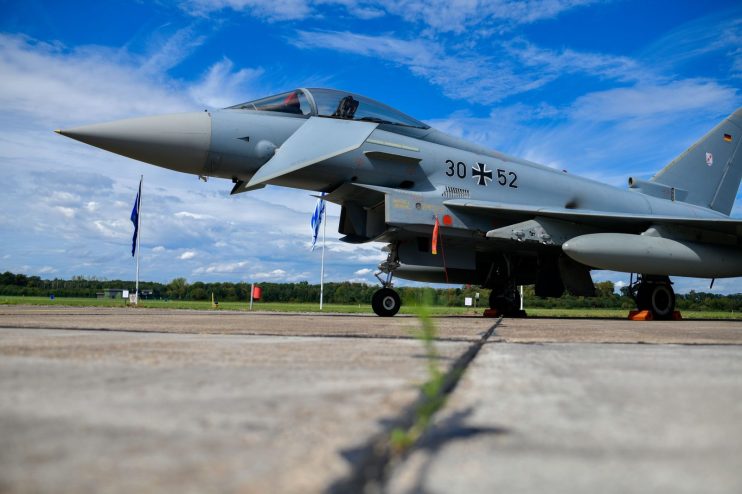Qinetiq looks to drive share price turnaround as rivals prosper

Qinetiq will give investors a first glimpse of what to expect in 2024 on Tuesday, as it looks to turn around last year’s underwhelming share price performance.
The defence contractor is forecasting £210m operating profit and over £1.8bn in revenue for 2024. However, shares are down 6.34 per cent over the last twelve months, despite bumper orders and rising profits.
Qinetiq reported record orders and a 35 per cent jump in underlying operating profit in its half year results in November, helped by its US-based cyber defence unit Avantus Federal, which it acquired in 2022.
But shares dipped on the announcement as shareholders fretted over “slower than expected” revenue at Avantus, which was blamed on the US congressional budget row delaying contract awards, and an undershot cash conversion rate.
The FTSE-250 firm can’t rely on challenging market conditions as an excuse. Global defence spending is booming amid Russia’s invasion of Ukraine and resurgent conflict in the Middle East.
Rival Chemring’s share price is up 23 per cent over the last 12 months, while FTSE 100 giants BAE Systems and Lockheed Martin have both enjoyed stellar years.
And orders are likely to hold up throughout this year as geopolitical tensions worldwide continue to rise.
Investors will be closely watching any indicator of the performance of Avantus, one of two acquisitions the company made in 2022. It won $827m (£648.8m) in new contracts last year, including a five year deal with the US Department of Homeland Security for military radar and detection technologies.
However, analysts at Citi say a share buyback programme could prove more financially beneficial than any equivalent spending on acquisitions.
The investment firm believes a £500m repurchase scheme would be positively received by the market, potentially helping overcome investor’s tepid reaction to the stock last year.
Qinetiq, which has its headquarters in Farnborough, Hampshire, currently employs around 8,000 people. More than 90 per cent of its revenue is made from America, the UK and Australia.